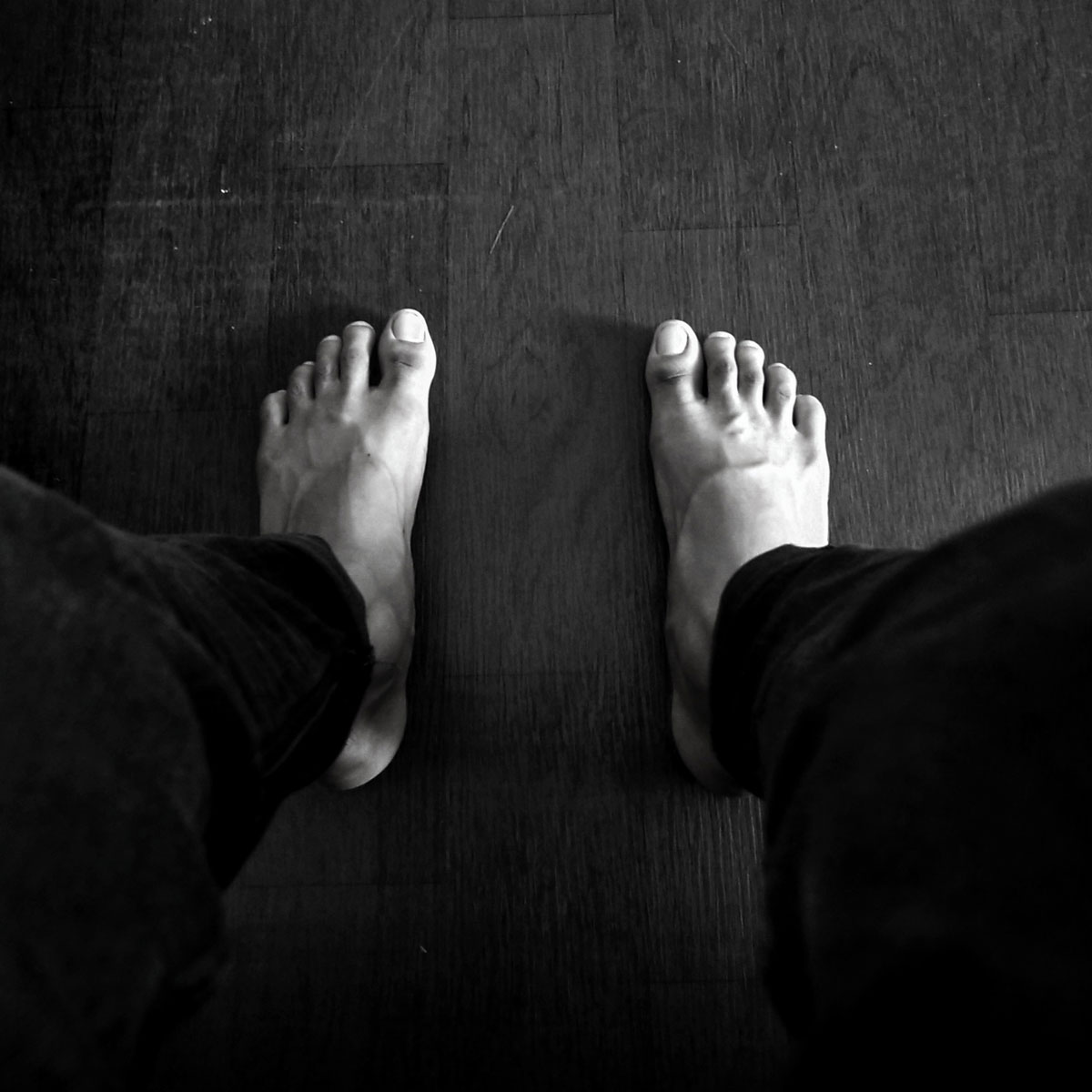Foot neuropathy occurs when the peripheral nerves connecting from the brain and spinal cord to the feet become damaged, whether due to injury, high blood sugar levels, or another cause.
The causes of this condition include “diabetes, chemo-induced neuropathy, hereditary disorders, inflammatory infections, auto-immune diseases, protein abnormalities, exposure to toxic chemicals (toxic neuropathy), poor nutrition, kidney failure, chronic alcoholism, and certain medications – especially those used to treat cancer and HIV/AIDS,” explains The Foundation for Peripheral Neuropathy.
Patients suffering from foot neuropathy often experience a ‘pins and needles’ sensation or tingliness in the feet, as well as a dull or sharp pain. Symptoms of foot neuropathy also include weakness and/or lack of feeling in the feet.
If you are coping with peripheral neuropathy due to diabetes or another clinical condition, it is important to seek medical attention and follow through on professional treatment for the underlying condition that is causing the neuropathy.
Beyond that, what can you do today to help manage symptoms and pain related to foot neuropathy? Here are several suggestions.
Healthy Diet, Exercise, & Habits
As with the rest of our body, the health of our feet is affected by our daily routine. Consuming a nutrient-rich diet and supplementing it with regular exercise go a long way in managing a large range of health conditions, including neuropathy.
“Lifestyle choices can play a role in preventing peripheral neuropathy,” advises John Hopkins Medicine. “You can lessen your risk for many of these conditions by avoiding alcohol, correcting vitamin deficiencies, eating a healthy diet, losing weight, avoiding toxins, and exercising regularly.”
Yes, a healthy diet and frequent physical activity promote good blood circulation as well as overall health. Additionally, avoiding destructive habits such as smoking cigarettes and abusing alcohol and/or prescription drugs is key to preventing and managing pain related to neuropathy.
Ask your doctor for recommendations on what you can do to improve your diet, exercise routine, habits, and vitamin intake.
Shoes for Neuropathy
Often referred to as ‘diabetic shoes’, special shoes designed for patients with foot neuropathy can help protect the feet and promote circulation.
“Shoes for patients living with diabetes are made of special protective inserts and soft shoe materials to accommodate for conditions, such as neuropathy (numb feet), poor circulation and foot deformities (bunions, hammertoes, etc.),” says the American College of Foot and Ankle Surgeons.
If you have diabetes or are suffering from foot neuropathy, visit your podiatrist to find out more about what kind of specialized shoes for neuropathy may be best for you.
Treatment from a Podiatrist
Treatment for neuropathy varies based on the underlying cause of the condition. For example, symptoms of foot neuropathy experienced by patients with diabetes require a treatment strategy involving regular care.
“Everyone with symptoms of peripheral neuropathy of the feet should see a podiatrist,” states the American Podiatric Medical Association. “Your podiatrist will…show you how to take care of your feet at home. People who have peripheral neuropathy should have their feet examined by a podiatrist at least once per year.”
Professional foot neuropathy treatments include:
- A thorough exam of the feet
- Physical therapy
- Medication to manage pain
- Custom shoes and inserts for neuropathy
- Training on daily care
In some cases, if the nerve pain is caused by an injury or tumor that has compressed the nerves leading to the foot, surgery may be an option.
Fresno, CA Podiatry Clinic
The clinical team at Canyon Oaks Foot and Ankle has decades of experience in helping patients manage symptoms related to foot neuropathy as well as a wide range of other conditions affected the health of the feet.
Get in touch to schedule an appointment.

